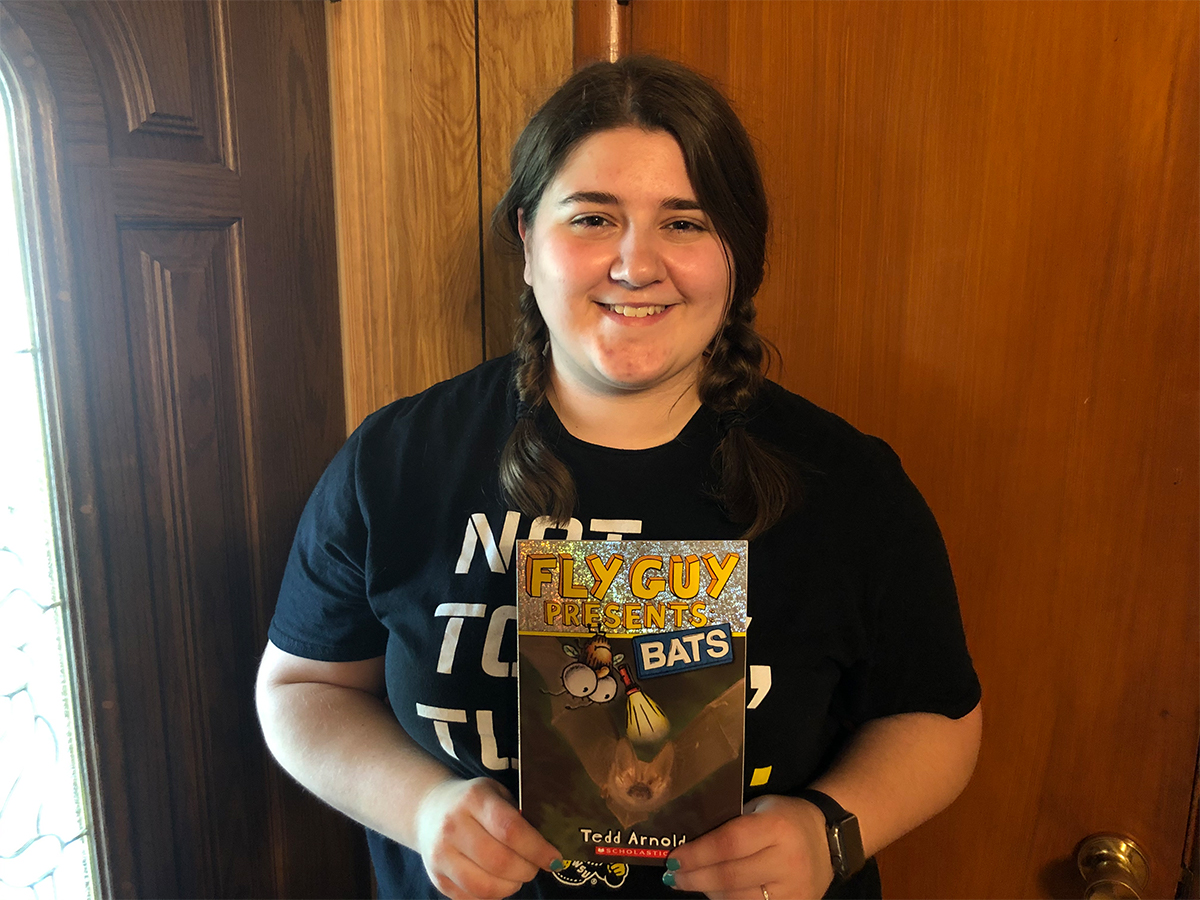The America Reads Challenge is an initiative started in 1996 by the Clinton Administration. President Clinton proposed a national literacy campaign to enlist 1 million volunteer tutors and provide school- aged children the personal attention they needed to catch up and get ahead. The federal government is a crucial part of the program because it builds an army of reading tutors.
The federal program was built off the Department of Education’s work-study program. The program provides part-time employment for college students who tutor preschool and elementary school children in math and reading.
At Wichita State University, six students participated in the work-study program during the spring semester. But when the pandemic hit, the students were out of work with no pay.
During the transition from in-person learning to remote education, Scholastic, a publishing and book fair company, changed its policy to allow online read-alouds through social media. Previously, Scholastic’s policy forbids online story times with its books.
Teri Robertson, the office manager for the Career Development Center, came up with an idea to allow students the opportunity to read Scholastic books on YouTube. With all the details figured out, students would be able to keep their jobs and still get paid.
For the transition to work, students would record themselves reading books and upload the videos to the Career Development Center’s YouTube channel. With most workers being elementary education majors, it was a way to connect with students from afar.
Isabel Ridpath, a junior studying elementary education, helped facilitate the transition from in-person to virtual tutoring.
“When Teri contacted us, I was excited to keep my job and continue helping the kids,” Isabel said.
Current, Isabel is working in the Andover school district and will begin student-teaching in the fall of 2021. Once she graduates, she hopes to teach third or fourth grade. Previously, she was a co-op student and worked at various schools. In the fall, she heard of a job opening for America Reads and applied.
“I thought it would be a good chance to work with the kids hands-on and help my resume,”
Isabel said.
In the program, she worked with second- and fifth-graders one-on-one on vocabulary,
math and reading. She assisted in leading a group the teacher assigned and walk around
the classroom providing help to the students.
“When we transitioned to the online format, at first it was challenging,” she said. “It was hard to find a supply of Scholastic books and get into the grove of things.”
But after the videos were posted, she saw progress. Local schools were enjoying what the tutors were doing. “It makes me happy to do it.” Schools contacted her to say they would love to show her videos to their students as a way to help them learn.
The books read have to be published by Scholastic, and it’s recommended for kindergarten through third-grade book levels.
“I’ve really enjoyed helping the students achieve what they want in their lives,” Isabel said. “The America Reads program has allowed me to figure out how to run my own classroom in the future.”


 Courtesy photo
Courtesy photo